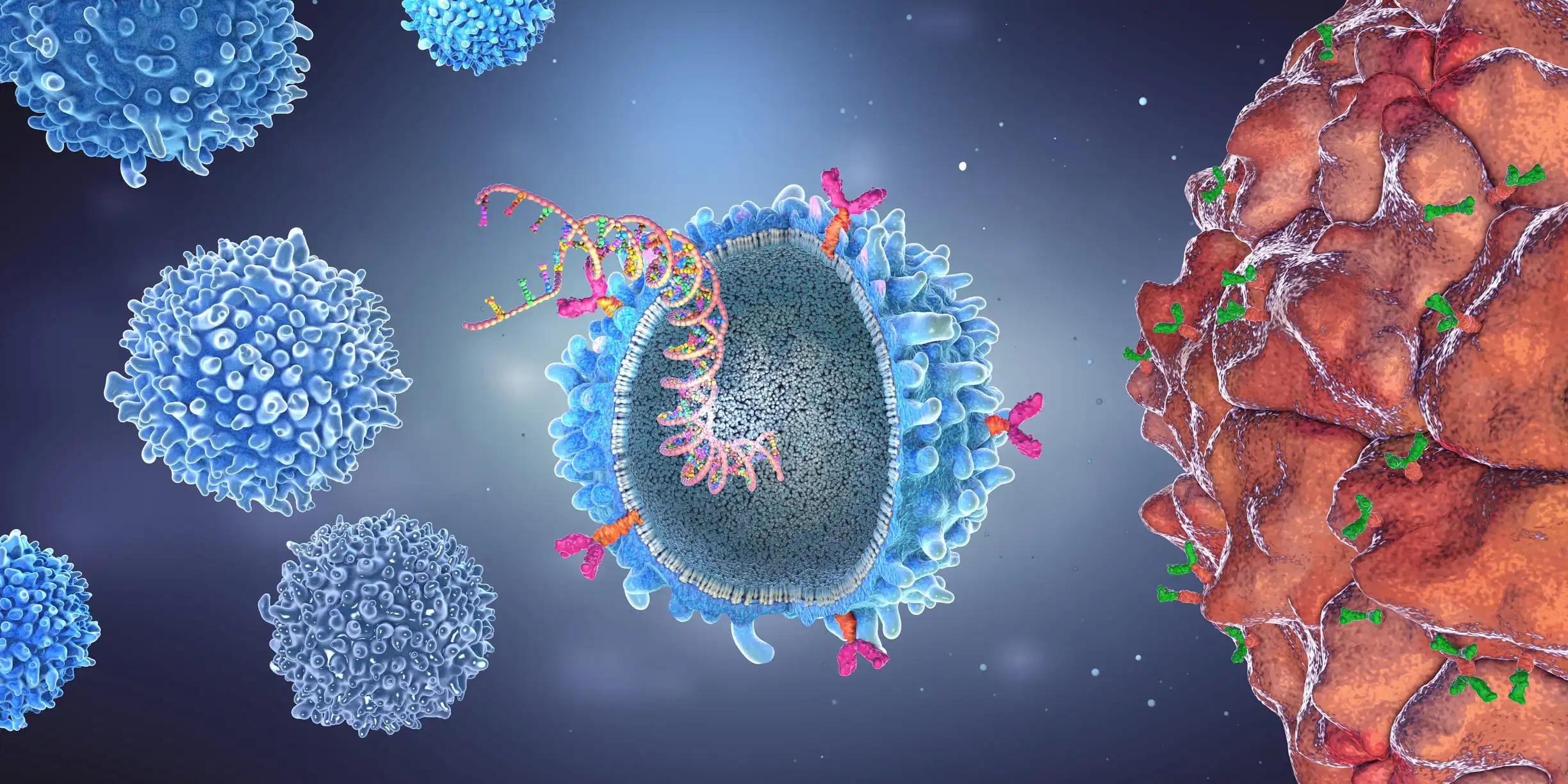KEY TAKEAWAYS
- The IMerge phase 3 trial assessed the effectiveness and safety of imetelstat compared to a placebo in heavily TD LR MDS patients.
- The study demonstrated that imetelstat showed significant and clinically meaningful efficacy in treating LR-MDS patients who were heavily dependent on RBC transfusions and had not responded to ESAs.
The study enrolled lower-risk myelodysplastic syndromes (LR-MDS) patients (pts) who were heavily red blood cell (RBC) treated, relapsed, or were refractory to erythropoiesis stimulating agents (ESAs) and were ineligible for len/HMA therapy. Patients were randomized to receive either imetelstat at a dose of 7.5 mg/kg (N=118) or a placebo (N=60) every four weeks.
The primary endpoint measure was the rate of achieving transfusion independence (TI) for at least eight weeks. Subgroup analyses were performed based on various factors, including the risk category as per the International Prognostic Scoring System (IPSS), previous transfusion requirements, and the presence of ring sideroblasts (RS). Secondary outcomes included the rate of achieving TI for 24 weeks, the duration of TI, and the rate of hematologic improvement in erythroid function (HI-E). Additionally, changes in the burden of genetic mutations (variant allele frequency [VAF]) were explored.
The data analysis was conducted up to October 2022, with a follow-up for TI extending until January 2023. Statistical tests, such as the Cochran-Mantel-Haenszel test, were employed to compare the primary and key secondary outcomes while considering stratification by previous transfusion requirements and IPSS category. The duration of TI was assessed using the Kaplan-Meier method.
The results exhibited that the primary endpoint was met, with a significantly higher proportion of pts achieving an eight-week TI with imetelstat (39.8%) compared to placebo (15.0%), with a p-value less than 0.001. This improvement in TI was consistent across various patient subgroups, including those without RS. The median duration of TI was markedly longer with imetelstat (51.6 weeks) than with placebo (13.3 weeks), with a p-value less than 0.001. A substantial proportion of pts (28.0%) achieved TI for 24 weeks with imetelstat, as opposed to only 3.3% with placebo (p<0.001).
Further follow-up revealed that 17.8% of pts on imetelstat maintained TI for over one year, compared to only 1.7% on placebo (p=0.002), representing a significant proportion of pts who initially achieved TI with imetelstat. The rates of hematologic improvement in erythroid function were also notably higher with imetelstat compared to placebo (42.4% vs. 13.3%, p<0.001). Patients receiving imetelstat experienced higher mean hemoglobin levels (p<0.001) and required fewer transfusions over time (p=0.042) than those on placebo. Additionally, imetelstat treatment resulted in a more significant reduction in the burden of mutations in genes commonly mutated in MDS, such as SF3B1 (p<0.001), TET2 (p=0.032), DNMT3A (p=0.019), and ASXL1 (not statistically significant), with SF3B1 mutation reduction correlating with longer TI duration in imetelstat-treated pts (p<0.001).
The safety profile of imetelstat was consistent with previous reports, with the most common Grade 3/4 adverse events being thrombocytopenia and neutropenia. Rates of Grade ≥3 bleeding and infections were similar between imetelstat and placebo, and cytopenias with imetelstat were typically of short duration, with over 80% of cases resolving to Grade ≤2 within four weeks.
Imetelstat exhibited statistically significant and clinically meaningful efficacy in achieving robust rates of TI for eight weeks, 24 weeks, and one year, with durable and continuous TI. This is especially significant for LR-MDS pts who heavily depend on transfusions and face associated complications. The reduction in variant allele frequency of mutations and its correlation with clinical endpoints, particularly sustained TI, suggests the potential disease-modifying effects of imetelstat. The safety results were consistent with previous findings, demonstrating that imetelstat provides substantial clinical benefits to an LR-MDS patient population in urgent need of innovative therapeutic options.
Clinical Trial: https://classic.clinicaltrials.gov/ct2/show/NCT02598661
Platzbecker, U., Santini, V., Fenaux, P., Sekeres, M., Savona, M.R., Madanat, Y., Campelo, M.D., Valcárcel, D., Illmer, T., Jonášová, A., Belohlavkova, P., Sherman, L., Berry, T., Dougherty, S., Shah, S., Xia, Q., Peng, L., Sun, L., Wan, Y., Huang, F., Ikin, A., Navada, S., Komrokji, R.S., Zeidan, A.M. CONTINUOUS TRANFUSION INDEPENDENCE WITH IMETELSTAT IN HEAVILY TRANSFUSED NON-DEL(5Q) LOWER-RISK MYELODYSPLASTIC SYNDROMES RELAPSED/REFRACTORY TO ERYTHROPOIESIS STIMULATING AGENTS IN IMERGE PHASE 3. EHA Library. Platzbecker U. 06/08/2023; 387865; S165.



